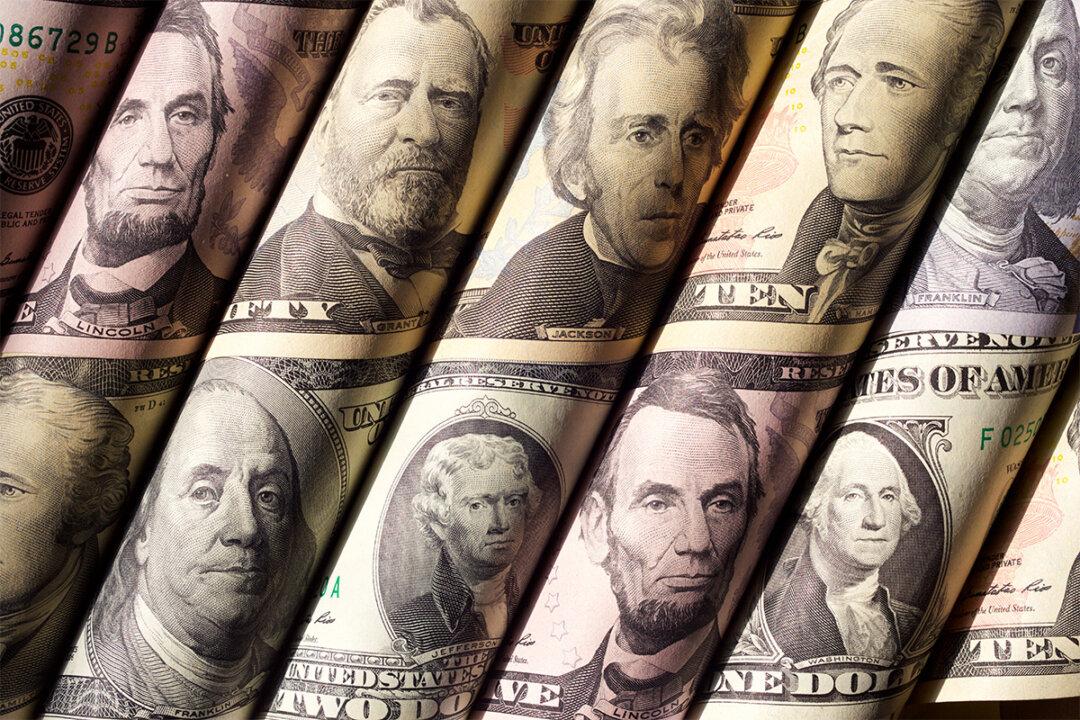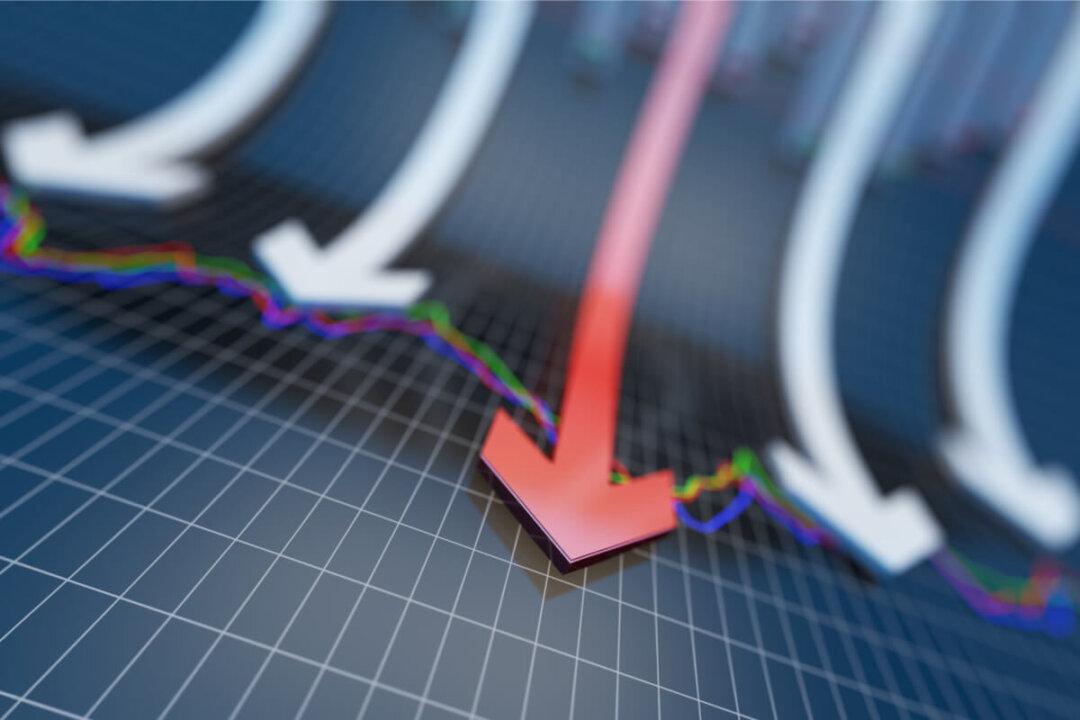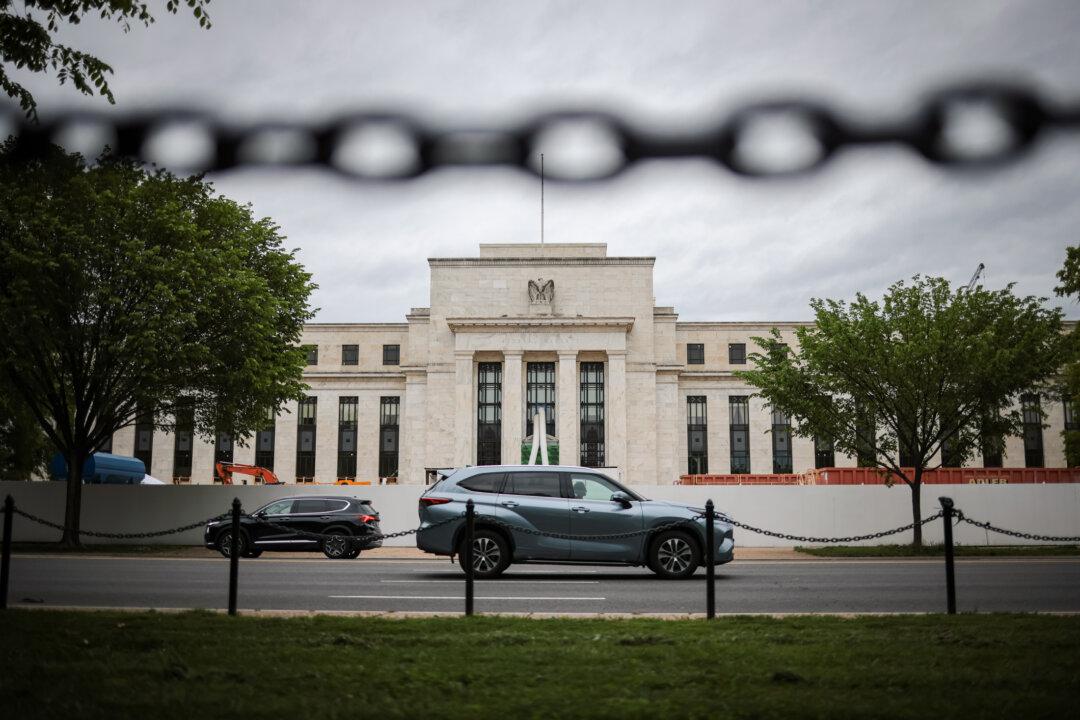Commentary
The most impactful market changes these days would no doubt be the surge of long-tenor sovereign yield. Although the market pays heavy attention to the U.S., most other non-U.S. sovereigns have experienced a similar sharp surge: Over the past two quarters (from end Q1 to end Q3), U.S., Canada, and Australia all have their 10-year sovereign yields up by 1.25 percent, the UK is up by slightly over 1 percent while New Zealand is up by 1.3 percent; even Eurozone and Japan have theirs up by 0.5 percent. Note their corresponding policy rates have generally been up by no more than 1 percent.





